Uncensored social media can help cultivate a healthy democracy. It especially provides a voice to the oppressed such as during the Arab Spring.
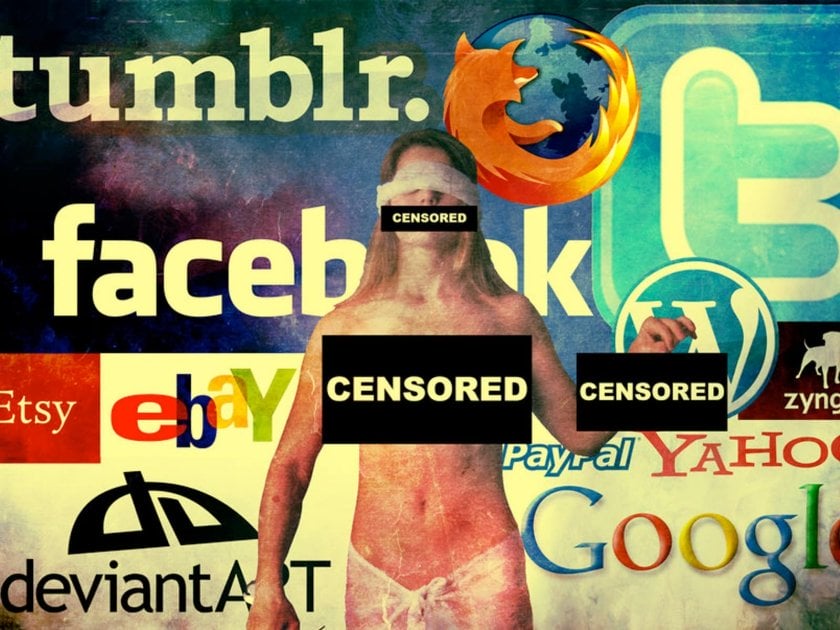
Free Uncencored Speech
Many people in the United States and other free countries take free speech for granted. Especially when it comes to conversations between friends, whether in person or online. For the most part, with some minor exceptions, whenever we feel like saying something online, we just say it. There isn’t much concern about the government coming after us because of a comment we said.
Imagine, one day you go to visit Facebook or Twitter to discover the government blocked the sites. But it doesn’t happen to just you, it’s like that for the entire country. Oppressive regimes in China, Syria, and Iran are currently blocking these Social Media sites. The main reason cited for these blockages, to silence dissidents.
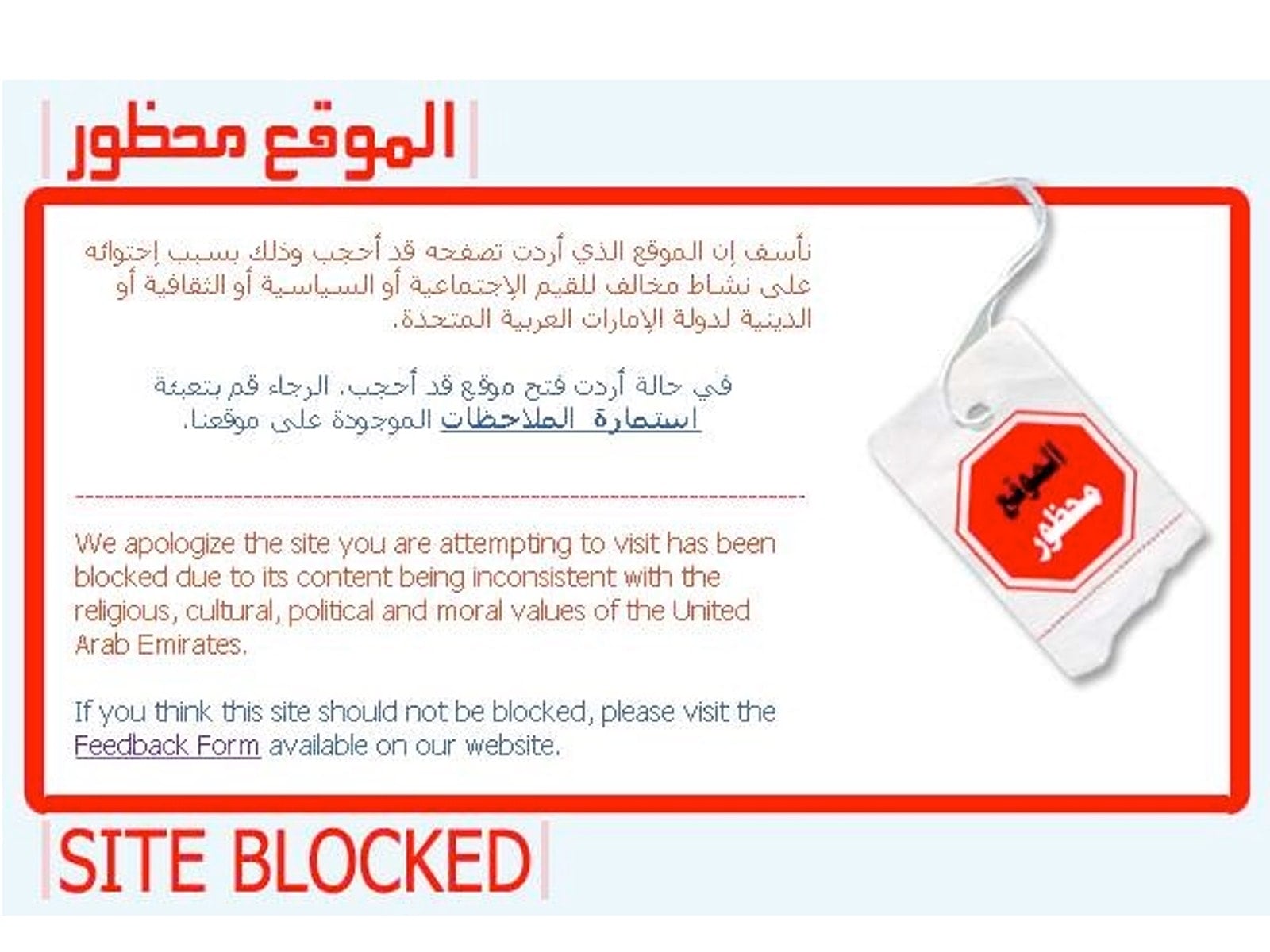
Social media is anything that is an Internet-based platform that enables individuals to freely create, share and exchange content. It is growing into an immense tool. A tool people use that’s transforming the way they communicate with one another on a global scale.
History has shown that free speech and freedom to communicate are essential for a democracy to function well. Uncensored use of social media can help to promote democracy organically in countries with a wide range of regimes.
Internet users are getting to hear from people who are being oppressed in authoritarian regimes firsthand on social media accounts. Events that often do not make it into mainstream media news are read, shared, and circulated all over the Internet. This helps make people aware of injustices that happen in oppressive countries.
Death of Khaled Said
For instance, in the case of Khaled Said. He was a young 28-year-old Egyptian man who was sitting in a café in Alexandria. Then unexpectedly two police officers in plainclothes approached him. They then forced him to walk outside of the café. Once outside they horrifically preceded to beat him to death in public.
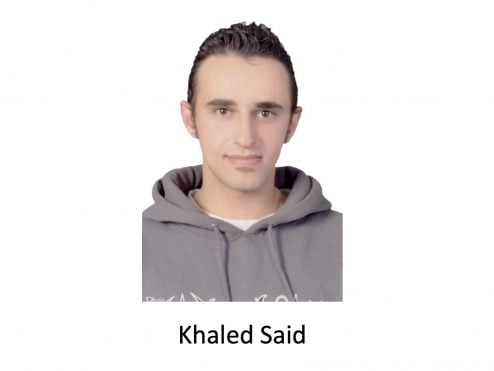
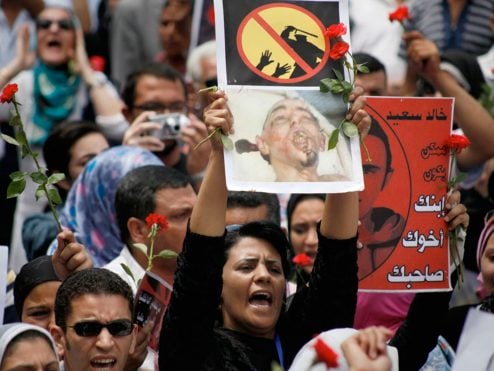
This photo of his face completely mangled and disfigured made its way onto social media. Those photos incited anger and outrage from political opposition activists in Egypt. Suddenly, the whole world saw an example of the abuses of power that were happening in Egypt.
On June 8, 2010, Wael Ghonim, a 29-year-old Google marketing executive saw Said’s mangled face online. Afterwards, he started a Facebook group called “We Are All Khaled Said”. Egyptian activists quickly joined it. Then only 8 months later, Hosni Mubarak, a dictator of 30 years was forced to resign.
Events like the one that happened in Egypt have made many governments wary of the effects of social media. China has a long history of censorship and secrecy. They employ very complex and effective strategies to censor social media use without banning it altogether
The Chinese government has made domestic sites like the extremely popular microblog, Sina Weibo, which has over 400 Million users, censor user content or face fines or a complete shutdown. They must also block searches for controversial keywords. Especially ones that mention revolutions, protests, and names of the political activists
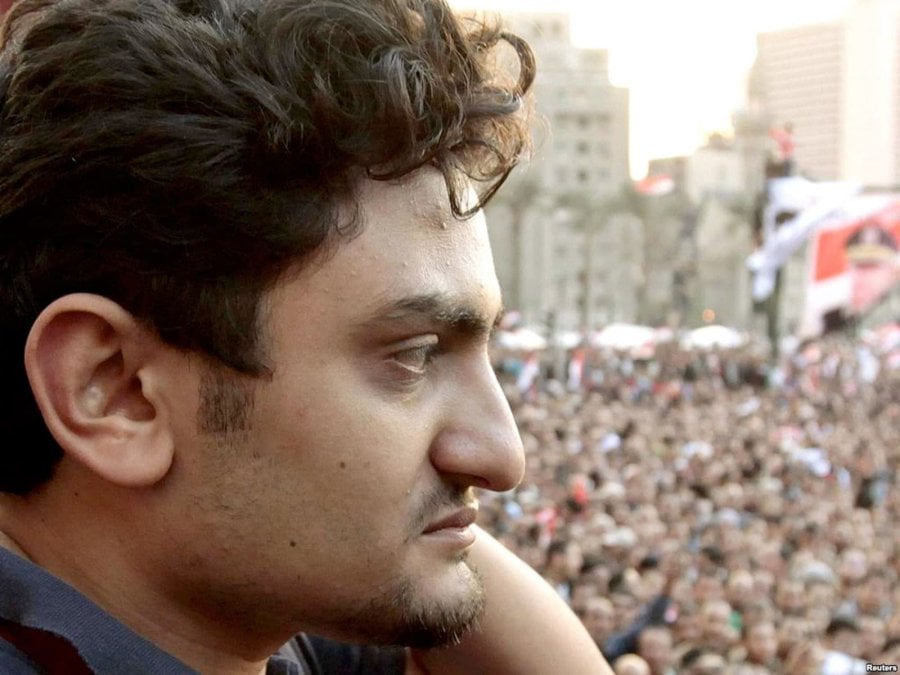
The Future Of Social Media
The more people use social media as a collective political action tool governments are noticing. Espeically leading democratic countries like the U.K. and the United States are paying attention. In 2010, Secretary of State, Hillary Clinton, outlined a comprehensive Internet plan. She said the U.S. is going to start promoting Internet freedom around the world.
Clay Shirky points out the short-sighted aspect of this plan. Primarily because it underestimates the value of citizens being able to communicate privately with one another and tools of coordination. He also said social media should be thought as a long-term tool. A tool to support civil societies rather than a quick fix to social problems.
Some critics argue that social media sites are just full of meaningless chatter, but that is a good thing. It shows that social media is an amazing facilitator of conversations. Many of which are meaningful debates that are helping to shape societies and cultures.
Mark Sedra of the University of Waterloo said, “the focus of Western efforts needs to be on strengthening the Web 2.0 platforms that can facilitate the networking of activists and the sharing of ideas”. He also said that if West needs to focus on keeping the political space of Web 2.0 open for all. Especially if they trying to defy the censoring efforts of authoritarian regimes.
Even if the West makes sure uncensored social media sites are available it does not mean that democracy will automatically happen. Social Media is not the answer to rid the world of evil and oppressive regimes. Citizens must want democracy and be willing to resist their oppressive governments. The West needs to protect social media. Protect it so it is there to use when people are ready to stand up and fight.